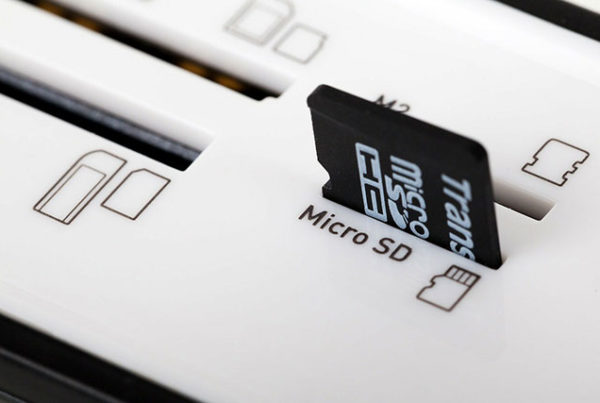

Data recovery for homes and small businesses refers to the process of retrieving lost or inaccessible data from various storage devices such as hard drives, solid-state drives (SSDs), USB flash drives, memory cards, and other digital media. It involves specialized techniques and tools to recover data that has been accidentally deleted, lost due to hardware or software failures, or damaged as a result of physical or logical issues.
Here are some key aspects of data recovery for homes and small businesses:
a. Assessment: The recovery specialist evaluates the storage device to determine the cause and extent of data loss. They examine the device’s physical condition and assess its recoverability.
b. Diagnosis: The specialist diagnoses the underlying issues that caused the data loss, such as hardware failure or logical errors.
c. Recovery Plan: Based on the assessment and diagnosis, a recovery plan is created to outline the necessary steps and techniques required to retrieve the lost data.
d. Recovery Execution: The specialist utilizes specialized software, hardware tools, and techniques to recover the data from the affected storage device. This may involve repairing damaged components, accessing data at a low level, or utilizing forensic methods.
e. Verification: Once the recovery process is complete, the recovered data is verified for integrity and accuracy to ensure its usability.
f. Restoration: Finally, the recovered data is restored to its original location or transferred to a new storage medium, ensuring its accessibility to the user.
a. Avoid using unreliable or untested software for recovery, as it may worsen the situation and cause permanent data loss.
b. Refrain from disassembling or tampering with the storage device unless you have the necessary expertise. Opening a hard drive or SSD outside of a controlled environment can lead to further damage.
c. Stop using a failing storage device, as it may exacerbate the damage and make recovery more difficult.
d. Contact a professional data recovery service provider as soon as possible to increase the chances of successful recovery.
e. Regularly back up your data to prevent permanent loss. Implementing a reliable backup strategy is crucial for homes and small businesses.
Recovering lost data for homes and small businesses can be a complex process, and the success of recovery depends on the nature of the data loss and the condition of the storage device. Therefore, it is advisable to seek professional assistance from reputable service providers to maximize the chances of retrieving your valuable data.
